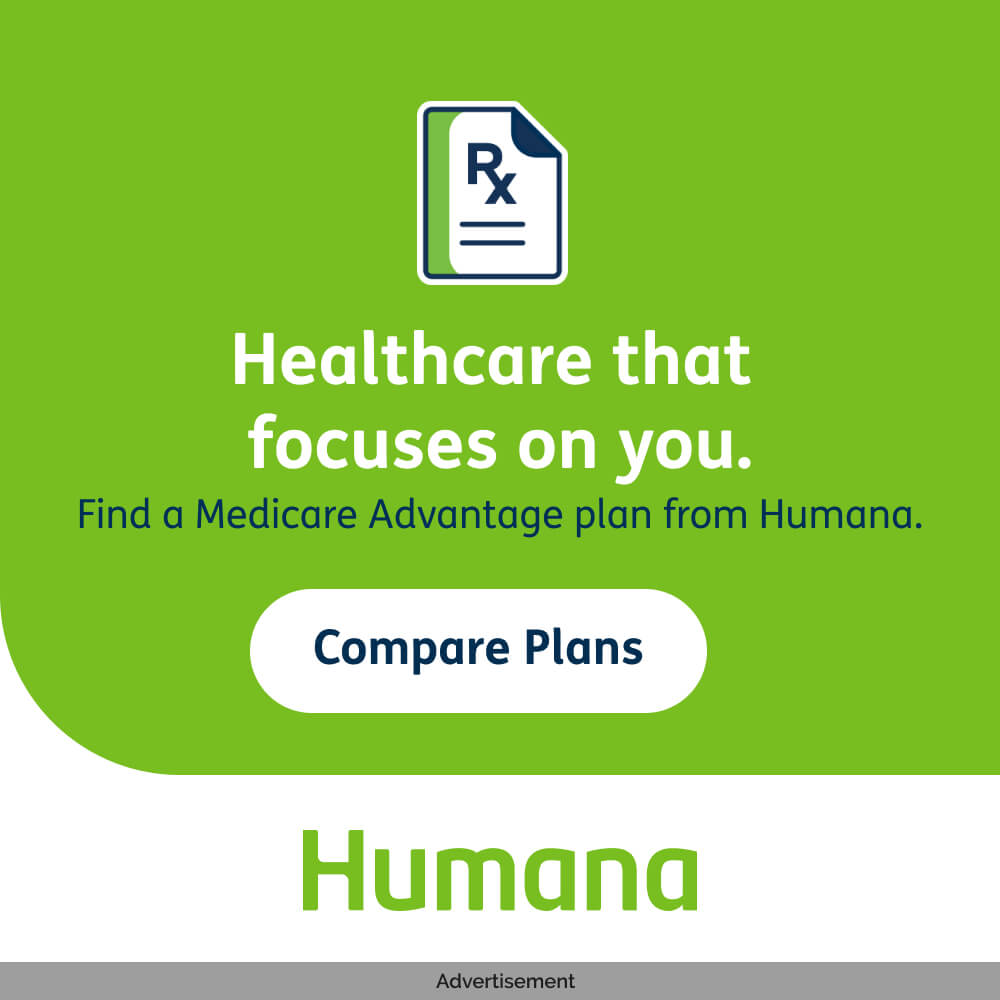Medicare Part D Eligibility and Enrollment Requirements
- How do you become eligible for a Medicare Part D prescription drug plan? When can you enroll? Learn about your options for Medicare drug coverage.
Navigating the complexities of Medicare can be challenging, especially when it comes to understanding Medicare Part D eligibility requirements. Medicare Part D plans, also known as Medicare Prescription Drug Plans (PDP), offer prescription drug coverage to Medicare beneficiaries.
Medicare Part D is sold by private insurance companies and can be found as a standalone Medicare drug plan or as part of a Medicare Advantage (Medicare Part C) plan.
Have Medicare questions?
Talk to a licensed agent today to find a plan that fits your needs.
Who Is Eligible for Medicare Part D?
Medicare Part D is available to anyone who is enrolled in either Medicare Part A or Part B. This means that if you are already a beneficiary of Original Medicare, encompassing both hospital (Part A) and medical (Part B) insurance, you are eligible to receive Medicare Part D benefits.
You can also be eligible for Medicare Part D if you are enrolled in a Medicare Advantage plan that does not already include prescription drug coverage.
Enrollment Periods for Medicare Part D
Understanding Medicare enrollment periods is crucial, as there are only specific times when you can sign up for a Part D plan.
Initial Enrollment Period
This is a 7-month period that begins three months before you turn 65, includes your birth month, and extends three months after that month.
Open Enrollment Period
Fall Medicare open enrollment lasts from October 15 to December 7 each year, Medicare beneficiaries can join, switch or drop a Medicare Prescription Drug Plan during this period.
For many Medicare beneficiaries, this is the only time of year they can make changes to their Medicare drug coverage. This period is also commonly known as the Annual Enrollment Period, or AEP.
Special Enrollment Period
Certain circumstances, such as moving out of your plan's service area or losing your employer health insurance, can qualify you for a Special Enrollment Period to join a new Medicare Part D plan.
Late Enrollment Penalty
It's important to enroll in Medicare Part D as soon as you're eligible. If you don't sign up when you're first eligible and you don't have other creditable prescription drug coverage, you may have to pay a late enrollment penalty when you finally do enroll.
This Medicare late enrollment penalty for drug coverage is calculated based on how long you went without Part D or creditable coverage and is added to your monthly premium.
Prescription Drug Coverage under Medicare Part D
Medicare Part D plans cover a wide range of prescription drugs. Each plan has its own formulary, or list of covered drugs, which typically includes both generic and brand-name drugs.
It’s crucial to review the formulary drug list of the plan you are considering to ensure your prescription needs are met.
Choosing a Medicare Part D Plan
When selecting a Medicare Part D plan, consider factors like your prescription drug needs, drug costs and whether your pharmacy offers mail-order services.
Some plans have networks of preferred pharmacies, and using a pharmacy within the plan network could reduce your cost-sharing amounts such as deductibles, coinsurance or copays.
Medicare Advantage Plans with Prescription Drug Coverage
Medicare Advantage, also known as Medicare Part C, often bundles Original Medicare coverage with additional benefits such as prescription drug coverage.
If you're enrolled in a Medicare Advantage Plan that includes drug coverage, you don't need a separate Medicare Part D plan. (In fact, you will not be eligible to enroll in a Part D plan if you are already enrolled in a Medicare Advantage plan that includes drug coverage.)

Learn More About Medicare
Join our email series to receive your free Medicare guide and the latest information about Medicare.
By clicking "Sign me up!" you are agreeing to receive emails from HelpAdvisor.com
Thanks for signing up!
Your free Medicare guide is on the way.
Make sure to check your spam folder if you don't see it.
Standard Benefit, Monthly Premiums and Cost-Sharing
The standard benefit under Medicare Part D includes a monthly premium, annual deductible, and copayments or coinsurance for prescription drugs. The Centers for Medicare & Medicaid Services (CMS) set the standard benefit structure, but individual plans can offer different terms.
Cost-sharing elements can vary, and some Medicare drug plans may have lower deductibles or require differing costs throughout Medicare’s various coverage phases.
Creditable Coverage and Its Importance
Creditable coverage refers to prescription drug coverage (e.g., from an employer or union) expected to pay, on average, at least as much as Medicare's standard prescription drug coverage.
If you have creditable coverage, you can delay enrolling in Medicare Part D without incurring a late enrollment penalty when you finally do enroll in Part D coverage.
Special Considerations for Dual Eligible Beneficiaries
Individuals who are dual eligible, meaning they qualify for both Medicare and Medicaid, can enroll in a type of Medicare Advantage plan called a Special Needs Plan (SNP) that automatically includes Part D drug coverage.
These beneficiaries can switch Medicare drug plans at any time and often receive extra help to cover prescription drug costs.
Financial Assistance for Medicare Part D
Some Medicare beneficiaries may be eligible for Extra Help also known as the Low Income Subsidy (LIS), which provides cost assistance for Part D premiums, deductibles and other out-of-pocket expenses.
Medicare Part D IRMAA
If you are a higher income earner, you may have to pay more for your Medicare Part D plan.
This extra charge is called the Income-Related Monthly Adjusted Amount (IRMAA) and applies to beneficiaries of certain income brackets.
Understanding Prior Authorization and Initial Coverage
Some Medicare Part D plans require prior authorization for certain drugs, meaning the plan must approve the medication before it's covered. Understanding your plan's initial coverage limits and rules about prior authorization is essential to avoid unexpected drug costs.
Have Medicare questions?
Talk to a licensed agent today to find a plan that fits your needs.
Find a Medicare Part D Plan Near You
Speak to a licensed insurance agent for help confirming your Medicare Part D eligibility and to compare different types of Medicare plans available near you.





